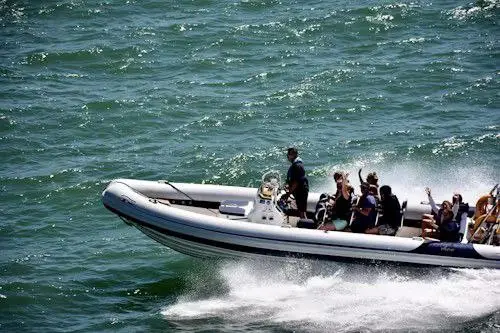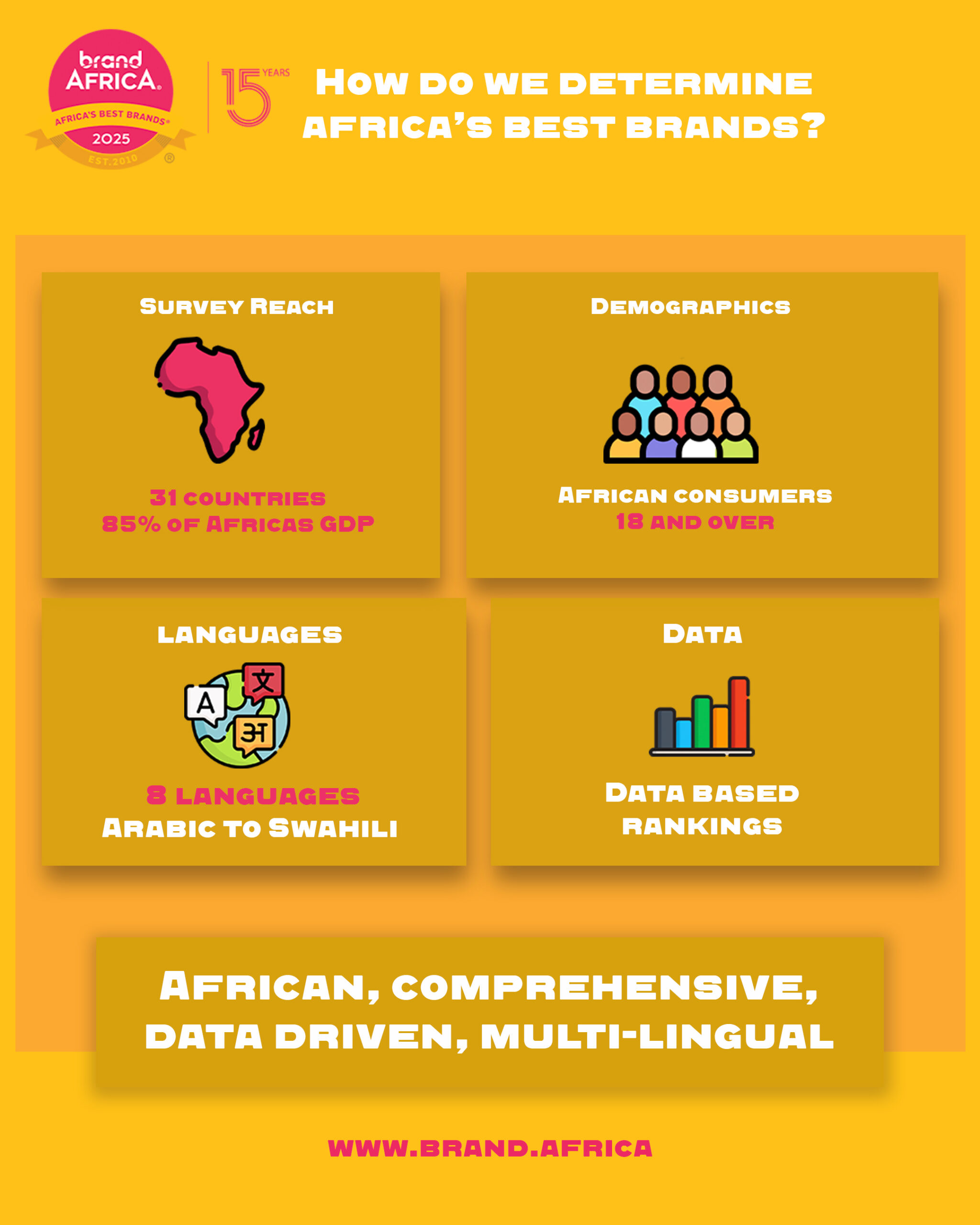EU Migrant Smuggling: Understanding the Challenge
EU migrant smuggling has become one of the most pressing challenges for European nations in recent years. Thousands of migrants cross borders each month, many of them using dangerous routes controlled by organized criminal networks. These networks exploit vulnerable individuals, charging high fees and exposing them to life-threatening risks. For the EU, this is not only a humanitarian crisis but also a matter of security and border management.
Smuggling routes often stretch across multiple continents, starting from conflict zones or impoverished regions and ending at European shores. Along the way, migrants may face violence, extortion, or human trafficking. Europol’s role in addressing this issue is crucial because no single country can manage it alone. Effective action requires coordination, intelligence sharing, and joint operations among all member states.
The humanitarian dimension of EU migrant smuggling cannot be ignored. Many migrants are fleeing war, persecution, or extreme poverty, and stopping smugglers means saving lives. At the same time, European governments must balance compassion with security, ensuring that legitimate asylum seekers are protected while criminal networks are dismantled.
EU Migrant Smuggling: Europol’s New Leadership Role
Europol is now taking the lead in coordinating the EU’s response to migrant smuggling and trafficking. This move centralizes intelligence gathering, operational planning, and international cooperation. EU migrant smuggling investigations will now benefit from a dedicated task force that works 24/7 to track criminal networks and intercept smuggling operations.
One of Europol’s strengths is its ability to connect law enforcement agencies across different countries. By sharing real-time data on smuggling routes, suspects, and vehicles, Europol helps member states act quickly and efficiently. This reduces duplication of efforts and ensures that major networks are dismantled rather than simply displaced to another region.
The agency also works closely with international partners outside the EU, including Interpol and law enforcement agencies in Africa and the Middle East. This global approach acknowledges that migrant smuggling is a transnational crime that must be tackled at its roots. Europol’s leadership ensures that operations target both the supply chains and the financial structures of smuggling networks.
EU Migrant Smuggling: Impact on Border Security
The fight against EU migrant smuggling has significant implications for border security. Strengthening surveillance, increasing patrols, and deploying advanced technologies such as drones and biometric systems have become essential measures. These tools help detect irregular crossings, track suspicious vessels, and prevent tragedies at sea.
Improved border security also protects migrants themselves. When crossings are monitored and controlled, the risk of drowning, dehydration, and abuse is greatly reduced. At the same time, law enforcement gains the ability to identify victims of trafficking and provide them with immediate assistance and protection.
However, border security must be balanced with humanitarian obligations. The EU continues to work on legal migration pathways and asylum systems to ensure that those in genuine need can find safety without resorting to smugglers. Europol’s efforts complement these initiatives by focusing on criminal elements rather than penalizing migrants seeking refuge.
Revolutionary Education Reform: Impact on Teachers
The education reform is not just transforming classrooms for students but also redefining the role of teachers. Many educators have welcomed the new system as it encourages creativity, critical thinking, and student engagement. Teachers are now given more autonomy to design lessons that go beyond memorization and focus on problem-solving skills. This shift is expected to elevate the quality of education across Mauritius and better prepare students for future challenges.
Furthermore, specialized training programs are being rolled out to equip teachers with modern teaching techniques. These programs include the use of technology in classrooms, project-based learning, and student assessment methods that focus on progress rather than rote performance. Such initiatives are crucial in ensuring that educators remain at the heart of this transformation.
At the same time, some teachers express concerns about workload and the pressure to adapt quickly to new standards. The government has responded by promising additional support staff and better resources. If these promises are met, the reform will not only uplift students but also improve the professional lives of teachers across the country.
Revolutionary Education Reform: Parental Involvement
One of the standout features of this reform is the emphasis on parental involvement. Studies show that students perform better academically and socially when their parents actively participate in their education. The reform introduces regular workshops and open days where parents can engage with teachers and understand the curriculum.
This approach fosters stronger communication between schools and families, ensuring that learning does not end at the classroom door. Parents are encouraged to help with assignments, monitor student progress, and provide feedback on teaching methods. This collaborative model is expected to build a supportive ecosystem for students, helping them feel motivated and guided.
Parents who have attended these workshops report feeling more connected to their children’s education. They appreciate being treated as partners rather than passive observers. This level of engagement can lead to a positive cultural shift where education becomes a shared national priority.
Revolutionary Education Reform: Long-Term National Benefits
The ultimate goal of the reform is to shape a future-ready workforce for Mauritius. By focusing on holistic education, the country aims to nurture individuals who are not just academically competent but also emotionally intelligent, socially responsible, and innovative.
Experts predict that these changes will have a ripple effect on the economy, reducing unemployment rates and attracting foreign investment. A highly skilled workforce will position Mauritius as a knowledge-driven economy capable of competing with global markets.
Beyond the economy, the reform also has the potential to strengthen national identity and social cohesion. By embedding values like respect, tolerance, and civic responsibility into the curriculum, the country can foster a generation that is both ambitious and grounded in shared cultural values.
EU Migrant Smuggling: International Cooperation
Addressing EU migrant smuggling requires strong international cooperation. Europol collaborates closely with agencies outside the EU, including Interpol and law enforcement in countries where smuggling networks originate. By sharing intelligence and coordinating joint operations, authorities can dismantle criminal structures before migrants even embark on dangerous journeys.
International cooperation also involves training local authorities in best practices, supporting border security, and providing resources for tracking illicit financial flows. Smugglers often operate through complex networks spanning multiple continents, and joint action is essential to effectively disrupt their operations.
This coordinated approach not only reduces illegal migration but also protects human lives. Migrants are less likely to fall victim to exploitation, abuse, or trafficking when authorities act swiftly and collaboratively. Europol’s role ensures that these operations are strategic and targeted, maximizing safety and efficiency.
EU Migrant Smuggling: Legal Framework and Policy Measures
The fight against EU migrant smuggling is supported by a robust legal framework across member states. Policies include criminalizing organized smuggling, providing protections for victims, and establishing clear procedures for prosecution. Europol helps ensure that these laws are applied consistently, promoting justice and deterrence.
In addition, policy measures emphasize prevention and awareness. Public campaigns inform migrants about the risks of illegal smuggling, while NGOs and humanitarian organizations provide safe alternatives. Legal pathways for migration and asylum applications are strengthened to reduce reliance on criminal networks.
Effective policy implementation requires constant monitoring and reporting. Europol collects data, analyzes trends, and advises governments on best practices. This evidence-based approach ensures that resources are allocated efficiently and that smuggling networks are targeted strategically.
EU Migrant Smuggling: Technology and Intelligence
Technology plays a crucial role in combating EU migrant smuggling. Europol employs advanced surveillance systems, predictive analytics, and data-sharing platforms to track smugglers and monitor border activity. By leveraging cutting-edge tools, authorities can detect patterns, identify high-risk routes, and respond rapidly to emerging threats.
Intelligence gathering also includes monitoring social media, financial transactions, and maritime traffic. This comprehensive approach allows for proactive interventions, preventing crimes before they occur. The combination of technology and human expertise enhances both security and humanitarian outcomes.
For more detailed guidance on EU migration policies and anti-smuggling measures, you can visit Europol’s official report on migrant smuggling.
Conclusion
In conclusion, EU migrant smuggling remains a complex challenge requiring coordinated action across borders. Europol’s leadership ensures effective intelligence sharing, operational planning, and international cooperation. Legal frameworks, technological tools, and policy measures work together to protect migrants, dismantle criminal networks, and strengthen European security.
By addressing both the humanitarian and criminal aspects of smuggling, the EU can create safer pathways for migrants while holding traffickers accountable. These efforts demonstrate the importance of collaboration, innovation, and vigilance in tackling transnational crimes.
Explore more updates and official statements in our Government Statements Mauritius section where we cover key government actions and public initiatives.




